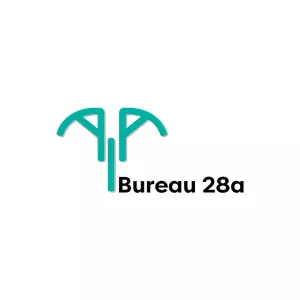- within Government and Public Sector topic(s)
- within International Law topic(s)
The adoption on 14 July 2025, of the Law of the Republic of Azerbaijan No. 248‑VIIQ, On Private Enforcement Officers, marked an important stage in the reform of enforcement proceedings. The Law enters into force on 1 January 2026 and introduces a new institution into the national system. This institution is built on a mixed model: alongside state enforcement officers (agents), independent specialists will also be able to carry out the enforcement of court decisions.
The key purpose of the new Law is to eliminate systemic problems in enforcement proceedings: the excessive workload of the state enforcement service, procedural delays, and the growing number of unenforced court decisions. The reform aims not only to accelerate proceedings but also to create a competitive environment and establish a new professional institution based on the principles of independence and responsibility.
According to the Law, the legal status of private enforcement officers is of a special nature. They are individuals who, having received a certificate and official identification document, are authorized to carry out the compulsory enforcement of documents and matters. The acts and lawful demands of private enforcement officers have the same legal force as the decisions of state enforcement officers and are binding on all state agencies, municipalities, entities, and individuals.
Nevertheless, the Law clearly defines the limits of powers of private officers: they cannot enforce criminal and administrative cases, disputes involving the state, or certain family law matters (such as alimony). These restrictions indicate that the institution is mainly directed toward property and commercial cases, where efficiency and professionalism are of particular importance.
The activity of private enforcement agents is based on the principle of self‑governance. For this purpose, the Law provides for the establishment of the Chamber of Private Enforcement Officers. The Chamber sets rules of professional ethics, considers disciplinary cases, and ensures professional liability insurance. Until the Chamber is officially registered, its powers defined by law will be exercised by the Ministry of Justice.
Unlike state enforcement officers, private enforcement officers do not receive salaries from the budget; they operate on the principle of self‑financing. Their income is formed from funds collected from obligors or obligees in accordance with the procedure established by law.
The Law applies to enforcement documents issued after it enters into force. Enforcement documents issued before that date may be transferred to a private enforcement officer's proceedings with his or her consent, and within limits set by the Ministry of Justice.
The implementation of the Law is accompanied by a number of challenges, including the risk of commercialization, the possibility of excessive pressure on debtors, ensuring uniform application of regulations, and the precise division of powers between the state and private enforcement officers. The success of the reform will largely depend on the quality of professional selection, the level of training, and the effective functioning of the Chamber.
In conclusion, the Law, On Private Enforcement Officers, is not only a new institution but also an important step toward the modernization of the enforcement system in Azerbaijan. Its effectiveness will be determined by maintaining a balance between speed and legality, efficiency and the protection of participants' rights. Proper implementation of the Law can significantly strengthen confidence in the administration of justice and in the legal system as a whole.
Until 1 January 2026, the Law of the Republic of Azerbaijan No. 243‑IIQ, On Enforcement, of 27 December 2001 remains in force, and all enforcement proceedings are regulated by it. The new Law is envisaged to be implemented gradually across the administrative‑territorial units of the Republic in a manner determined by the Ministry of Justice, allowing time for infrastructure preparation, specialist training, and testing of new mechanisms.
The content of this article is intended to provide a general guide to the subject matter. Specialist advice should be sought about your specific circumstances.


